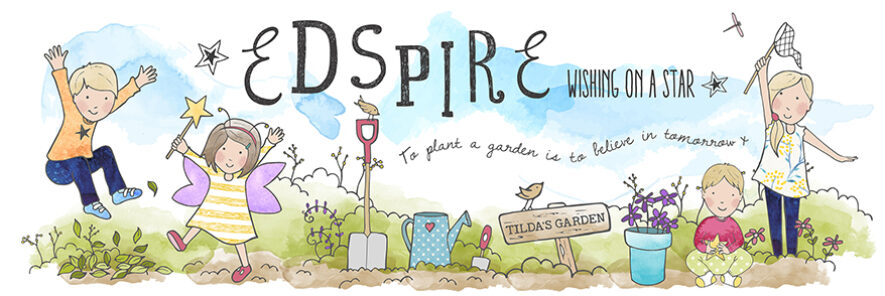This is a sponsored post
Throughout your child’s school life there are bound to be times where they come home upset because of a fall out with their friends. ‘She wouldn’t play with me’, ‘He was rude to me’, ‘They called me names’, etc. Fortunately parents can help their children to overcome such friendship issues and acquire life-long coping and communication skills, using a few simple techniques.
Read on for some great tips from Banstead Preparatory School on how you can help your child to successfully deal with friendship problems…
Parents should try to set a good example for their children by demonstrating effective social skills with others. Teach your child to be kind and considerate and to always use good manners. You should also explain how to hold a conversation and stress the importance of listening to others opinions.
Where possible, try to take a step back and allow your child to work out their friendship issues alone. Disputes with friends are common at school and learning how to resolve these issues alone is an important life-skill.
If your child is having problems with making friends, then perhaps you could invite some of their classmates over to your house after school? This will help your child to get to know the other children in a familiar setting, where they may feel more relaxed and confident.
Encourage your child to join after-school clubs or take up some extra-curricular activities, such as sports or drama. These will not only help your child to develop new skills, but they will also provide an ideal opportunity for your child to make new friends outside of school.
Friendships can often be rocky, but conflict between friends at a young age tends to be short-lived. Most of the time incidents are resolved by themselves, without the need for parents to intervene. However, if there is an ongoing issue or you believe your child is being bullied, then you do need to work in partnership with the school.
Teach your children about what it means to be a good friend so that they can look for these qualities when forming friendships. It is also wise to encourage them to have a lot of different friends and not just one ‘best friend’. This is because friendships can change over time and by choosing to spend time with only one friend, children can isolate themselves if that friendship doesn’t work out in the future.
Finally, one of the best things you can do as a parent to help your child solve friendship problems is to teach your child valuable problem-solving skills. By asking your child to focus on how they wish to move forward from an issue, you will help them to critically think about what to do next time they encounter a similar situation with a friend.

